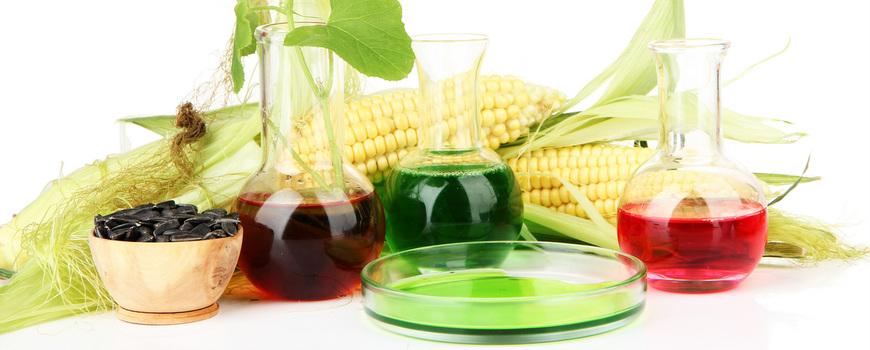
Within the EU 2020 targets for reductions in greenhouse gases, there is an obligation on Ireland to ensure that 10% of its road transport fuel is sourced from renewable resources, by 2020. When the Biofuel Obligations Act was enacted in June 2010, it obliged petroleum suppliers to ensure that 4.16% of the product they place on the market is biofuel. Initially, this obligation was on a volume only basis because a critical aspect of the legislation was not implemented at that time. This was the requirement to demonstrate that biofuels meet specific criteria on carbon and sustainability which are contained in Articles 17 and 18 of the renewable energy directive (RED, 2009/28/EC). The primary reason for not implementing this requirement from the outset was because the European Commission was still working on a series of definitions, guidelines and methodologies for these complex concepts.
Sustainability regulations
SI 33 of 2012 (the sustainability regulations) were signed by Minister Pat Rabbitte on 2 February 2012 and the obligated parties will have until July to comply fully with these criteria. In summary, the requirements of meeting the criteria are:
- Biofuel must achieve a minimum savings in greenhouse gas emissions when compared to fossil fuel: 35% now, 50% in 2017 and 60% thereafter.
- Biofuel may not be made from raw material obtained from land with high biodiversity value in or after January 2008.
- Biofuel may not be made from raw material obtained from land with high carbon stock, such as forests or land that was undrained peatland, in January 2008 unless strict criteria are met.
- Where biofuel is produced from agricultural products grown in the EU, the feedstock must meet the EU’s minimum requirements for good agricultural & environmental condition. This is also known as cross compliance.
Complex rules
The RED sets out complex rules for calculating greenhouse gas emissions savings, based on life-cycle-analysis. Emissions have to be reported at all stages in the fuel chain: cultivation, transport, processing and storage & distribution. Changes in the carbon stock of land used to cultivate feedstock crops must also be counted. Obligated parties must also provide additional information relating to:
- Compliance with social sustainability issues such as the effect on foodstuff prices (particularly in developing countries), land-use rights, ratification and implementation of International Labour Organization (ILO) conventions.
- Measures taken to protect soil, water and air, and for the conservation of water supplies and restoration of degraded land.
Examples
For some biofuel processes, demonstrating compliance will be relatively straightforward and verification should be quite simple. An example would be the manufacture of biodiesel from used cooking oil. On the other hand, where biofuels are produced from a variety of feedstocks sourced from several different regions, then demonstrating compliance may require several specialist inputs: in agronomy, transport, process engineering, energy conversion, statistics and data management. Ideally, compliance with the carbon and sustainability criteria will be assured at the production stages and it will only be necessary for the ultimate supplier to ensure that an effective chain of custody system applies along the supply chain.
NORA – the National Oil Reserves Agency – is responsible for administering the biofuels obligation scheme. NORA is supported in this task by Byrne Ó Cléirigh in association with LHM-Casey McGrath. Byrne Ó Cléirigh is currently developing the systems and procedures whereby obligated parties in Ireland will be able to demonstrate compliance with the carbon and sustainability criteria.
